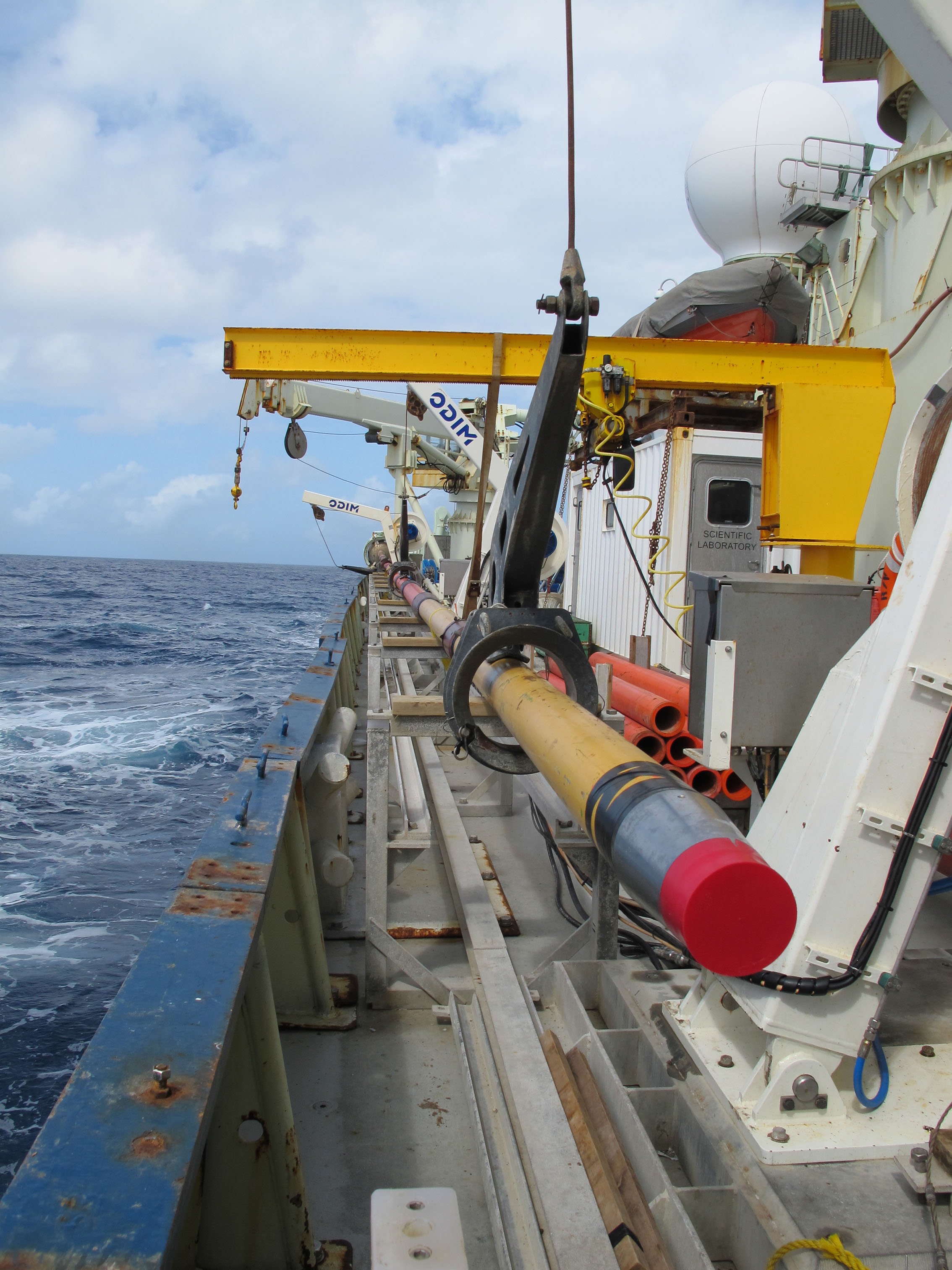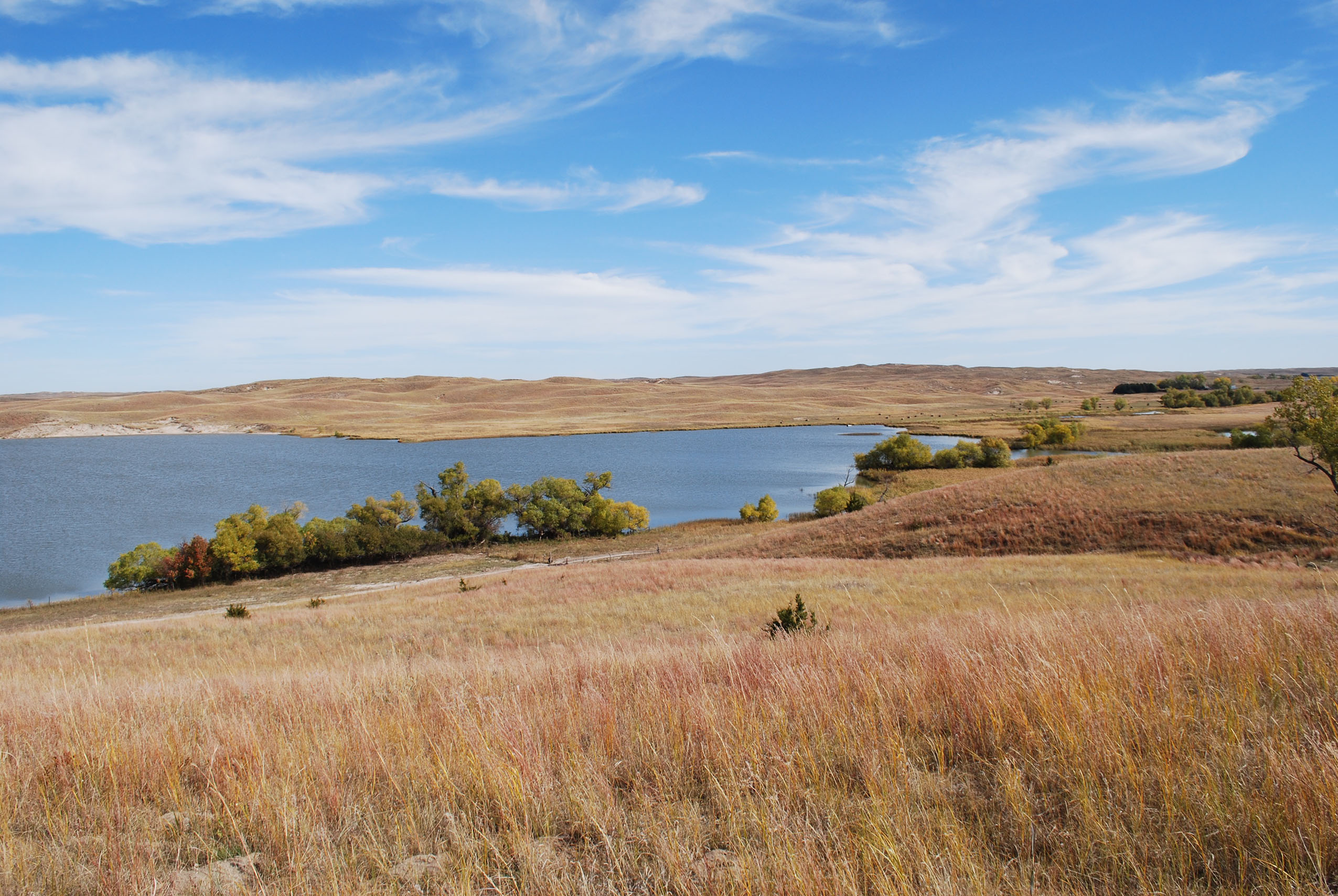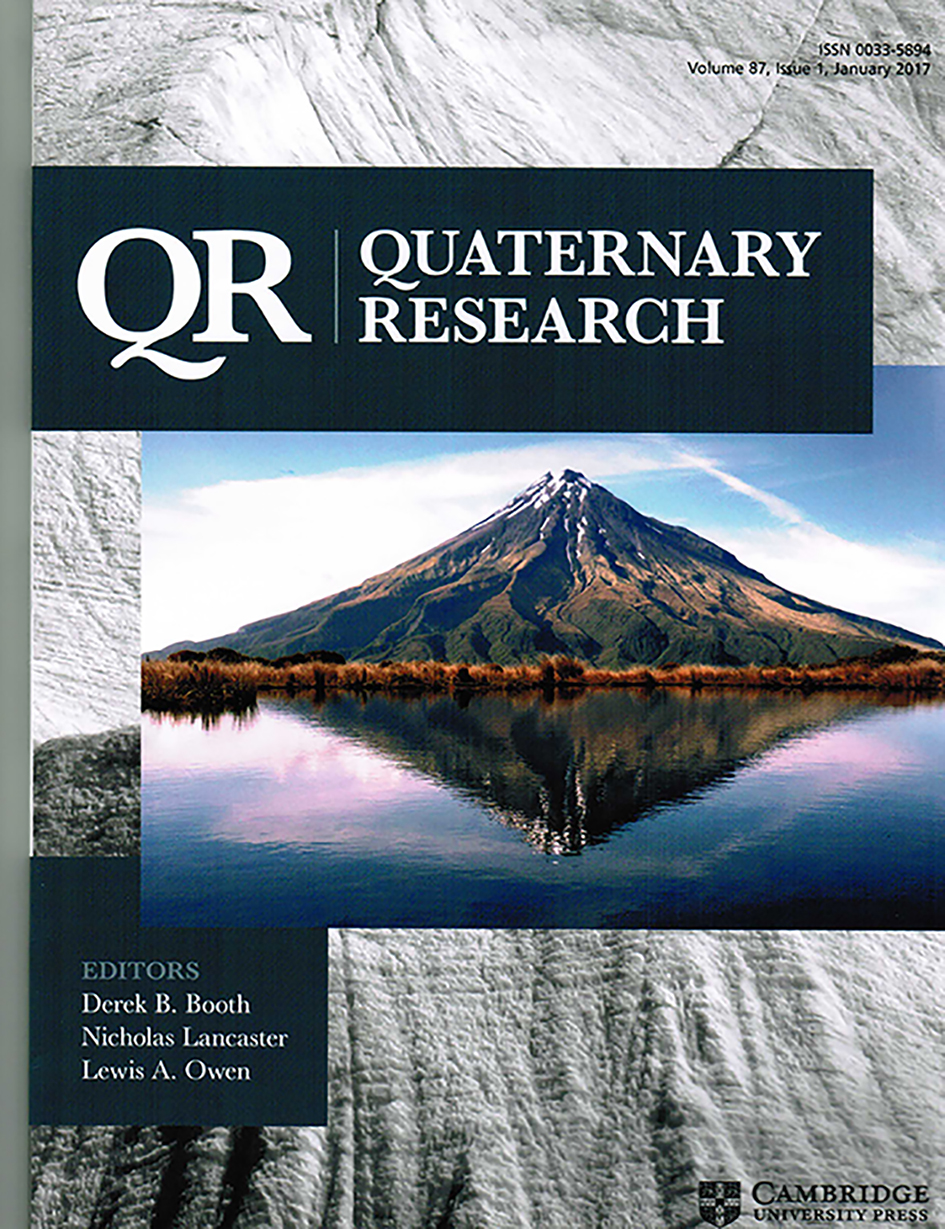Mission and Purpose
AMQUA’s Mission
Advance cross-disciplinary and diverse research of physical, biological and cultural processes during the Quaternary Period for the benefit of society.
AMQUA's Purpose
- To encourage, initiate, and sponsor the advancement of interdisciplinary research of the physical, biological and cultural environment and its history during the Quaternary Period through charitable, educational and scientific activities;
- To encourage the widest possible scientific and professional membership in the Association;
- To advance a diverse next generation of cross-disciplinary Quaternary scientists;
- To improve communication about methods, problems, and results among those engaged in Quaternary research;
- To encourage publication of the results of research on the Quaternary;
- To encourage the dissemination of the accumulated knowledge about the Quaternary for the purposes of management, wise use, and conservation of natural environment and resources;
- To promote public concern and support for the protection and scientific study of geological, archaeological, and paleontological sites;
- To encourage participation in the worldwide activities of the International Union for Quaternary Research (INQUA);
- To plan and sponsor scientific meetings in accord with the objectives of INQUA;
- To cooperate with other organizations in promoting interdisciplinary conferences on Quaternary research;
- To take all other action, as appropriate for the benefit and advancement of Quaternary research in the Americas



